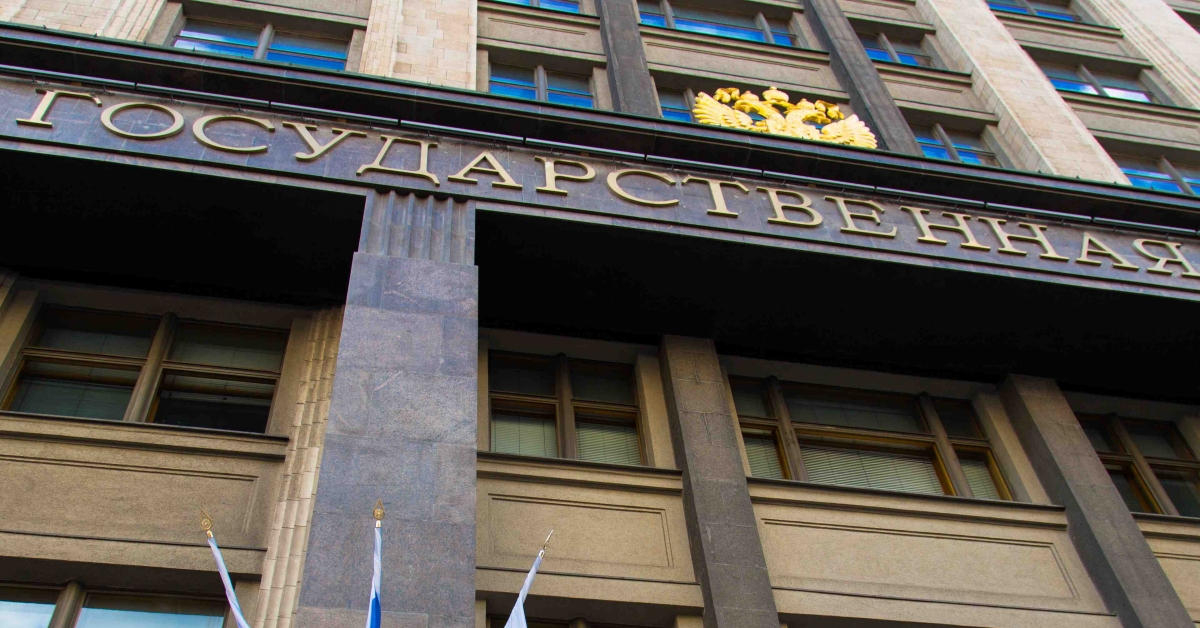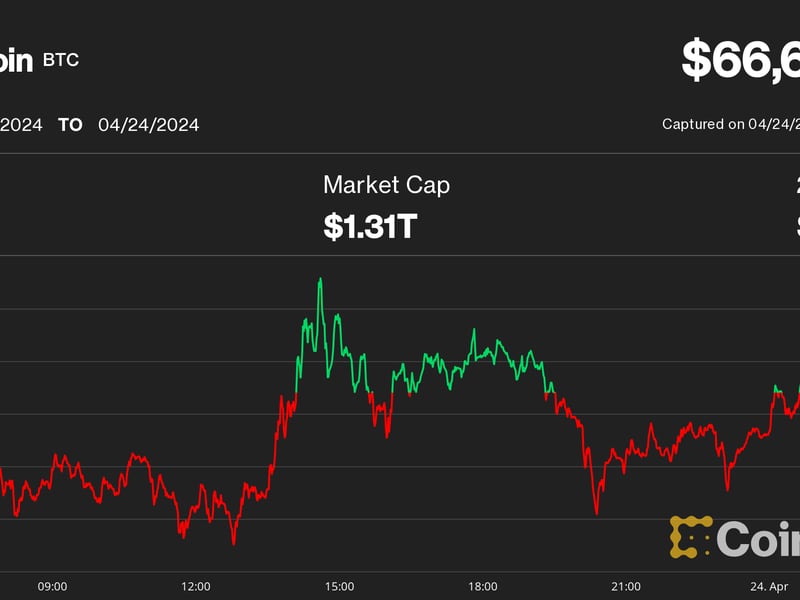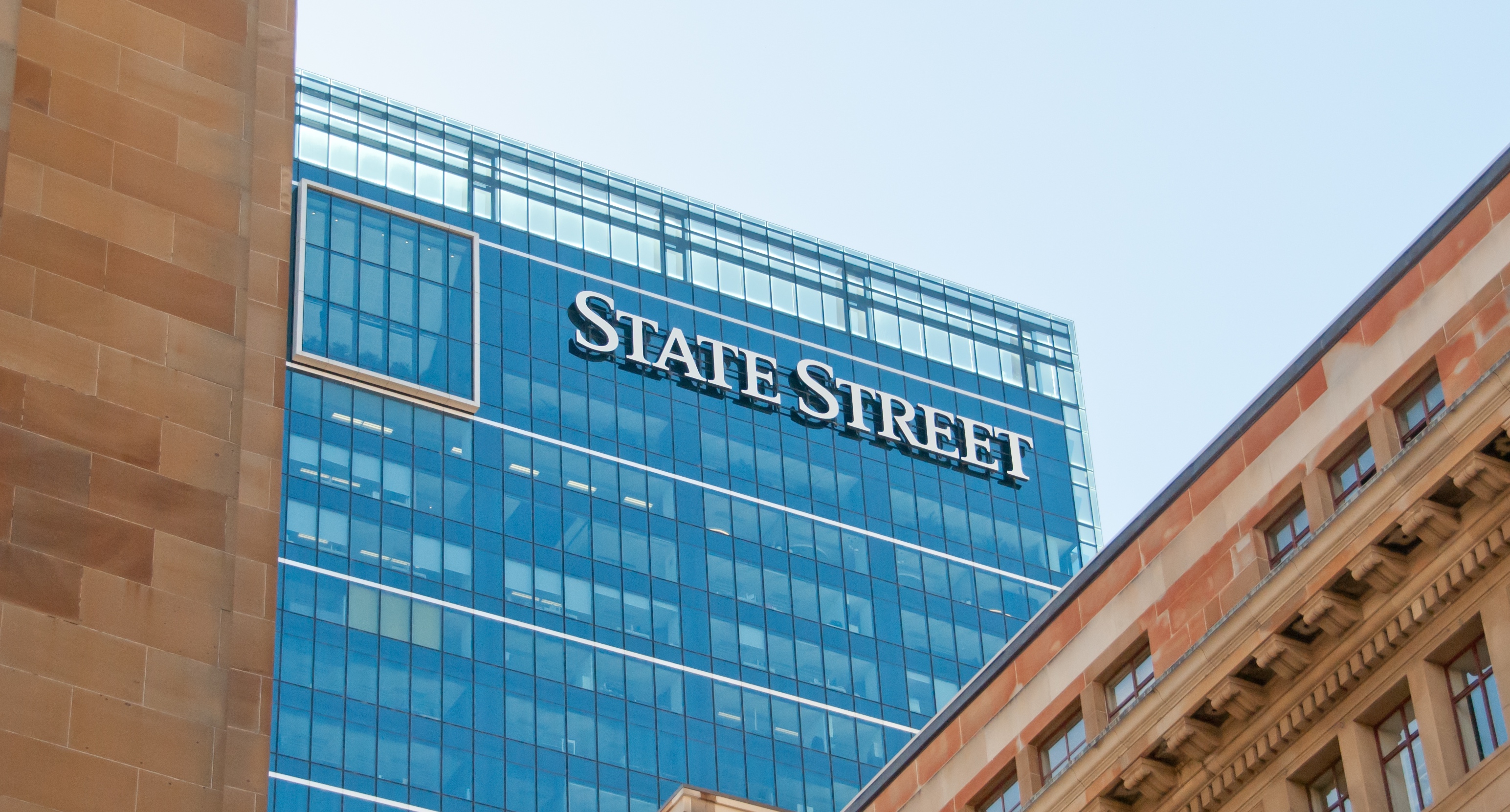A draft of a stablecoin bill that had been circulating among U.S. lawmakers since last fall was published over the weekend. At its center are stablecoins and central bank digital currencies (CBDC), which have conveniently been set up as a hot button issue for the upcoming election cycle.
The stablecoin part of the bill is largely concerned with Endogenously Collateralized Stablecoins and Qualified Payment Stablecoin Issuers – absurdly named if you ask me (apt for the government though).
This article is excerpted from The Node, CoinDesk’s daily roundup of the most pivotal stories in blockchain and crypto news. You can subscribe to get the full newsletter here.
On the former, if the bill becomes law “endogenously collateralized” stablecoins (aka algorithmic stables or ones backed by digital assets issued by the stablecoin issuer itself) would be unlawful to issue, create or originate for two years.
This seems like a good rule for U.S. lawmakers to pursue in the name of protecting Americans. Algorithmic stablecoins do not work, period. And they probably never will because they depend on a flywheel effect that works perfectly fine when things are going according to plan, but are quite literally designed to spiral to zero once hit by some exogenous shock.
The rest of the bill, however, might lean more toward bad than good.
The parts of the bill about Qualified Payment Stablecoin Issuers lay out a framework for who is allowed to issue stablecoins in the United States. The framework seems to boil down to banks, depository institutions and nonbank institutions that apply for regulatory clearance. This could be fine if we haven’t seen evidence of cloudy processes when it comes to crypto-adjacent banks.
Just ask fully reserved Wyoming bank Custodia, which has had its own fair share of issues even as it appears to be following all the proper procedures. The bill is overly paternalistic when no courter can get through. Not to be cynical, but future stablecoin issuers not named “Big Bank XYZ” might have issues providing stablecoin services because they look different than what regulators are used to seeing.
All said, where the bill definitely leans more bad than good has to do with CBDCs (which feel like stablecoins even though they’re not the same). To be clear, this bill isn’t calling for the issuance of a Federal Reserve-controlled U.S. dollar CBDC. Instead it is calling for a study on a Federal Reserve Digital Dollar to be released within one year and a briefing on CBDCs within 180 days of the bill becoming law.
Yeah, yeah – studies and briefings are just studies and briefings, but the conversation around CBDCs in Washington, D.C., will be critically important. If the U.S. government does implement a CBDC one day, it should be done in a way that maintains personal privacy and doesn’t allow the government to implement draconian monetary policy on a whim.
It sounds dramatic, but a fully surveillable, programmable and centrally controlled CBDC would benefit almost no Americans and should generally not be adopted by the government as a genuine path forward into the “digital future.”
This bill is still in draft form, but close attention should be paid by all Americans as the discourse around stablecoins and CBDCs develop.
Learn more about Consensus 2023, CoinDesk’s longest-running and most influential event that brings together all sides of crypto, blockchain and Web3. Head to consensus.coindesk.com to register and buy your pass now.
DISCLOSURE
Please note that our
privacy policy,
terms of use,
cookies,
and
do not sell my personal information
has been updated
.
The leader in news and information on cryptocurrency, digital assets and the future of money, CoinDesk is a media outlet that strives for the highest journalistic standards and abides by a
strict set of editorial policies.
CoinDesk is an independent operating subsidiary of
Digital Currency Group,
which invests in
cryptocurrencies
and blockchain
startups.
As part of their compensation, certain CoinDesk employees, including editorial employees, may receive exposure to DCG equity in the form of
stock appreciation rights,
which vest over a multi-year period. CoinDesk journalists are not allowed to purchase stock outright in DCG
.
George Kaloudis is a research analyst and columnist for CoinDesk.


:format(jpg)/s3.amazonaws.com/arc-authors/coindesk/509dbe31-e71d-4919-832e-6c3fb89ce470.png)








